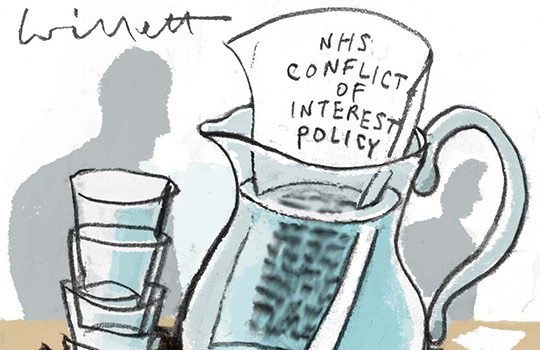The Singularity, when men merge with machines and become immortal, is “pencilled in” for 2045. I learn this from Irish journalist Mark O’Connell’s meetings with transhumanists described in his book To Be A Machine: Adventures Among Cyborgs, Utopians, Hackers, and the Futurists Solving the Modest Problem of Death. If I’m still alive in 2045 I’ll […]
Richard Smith: Will I make it to 2045 and become immortal?








